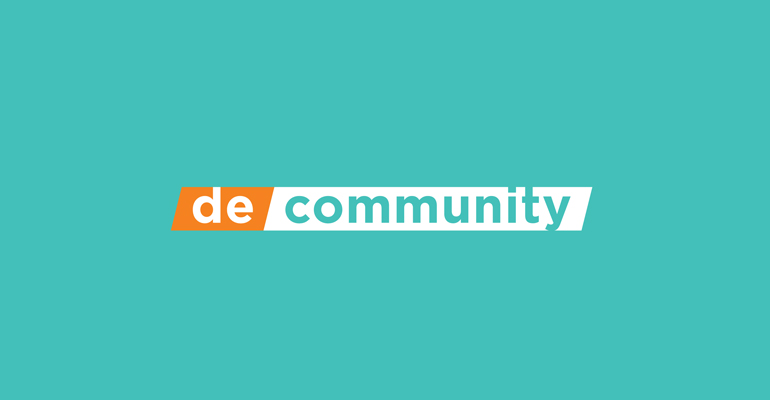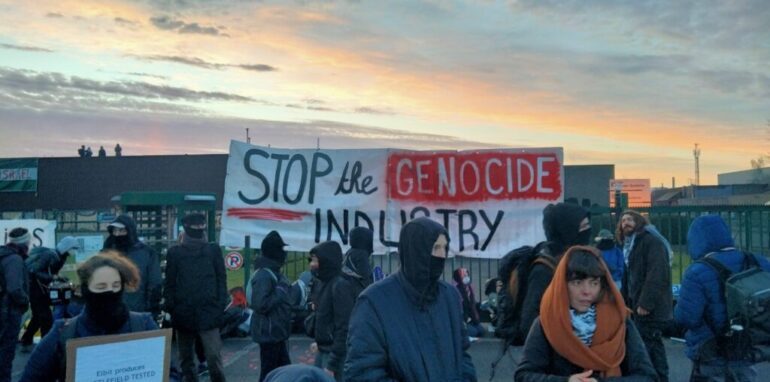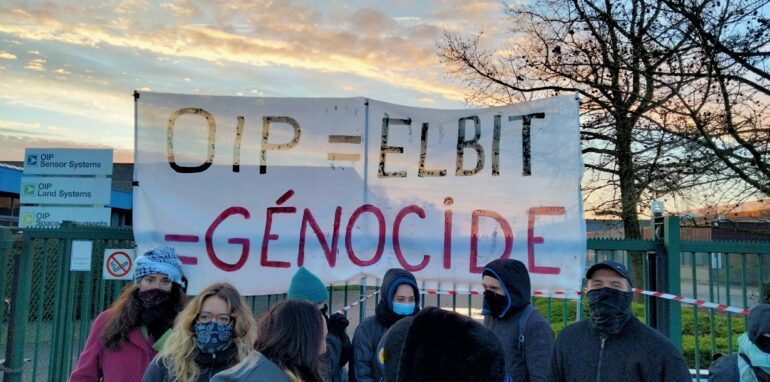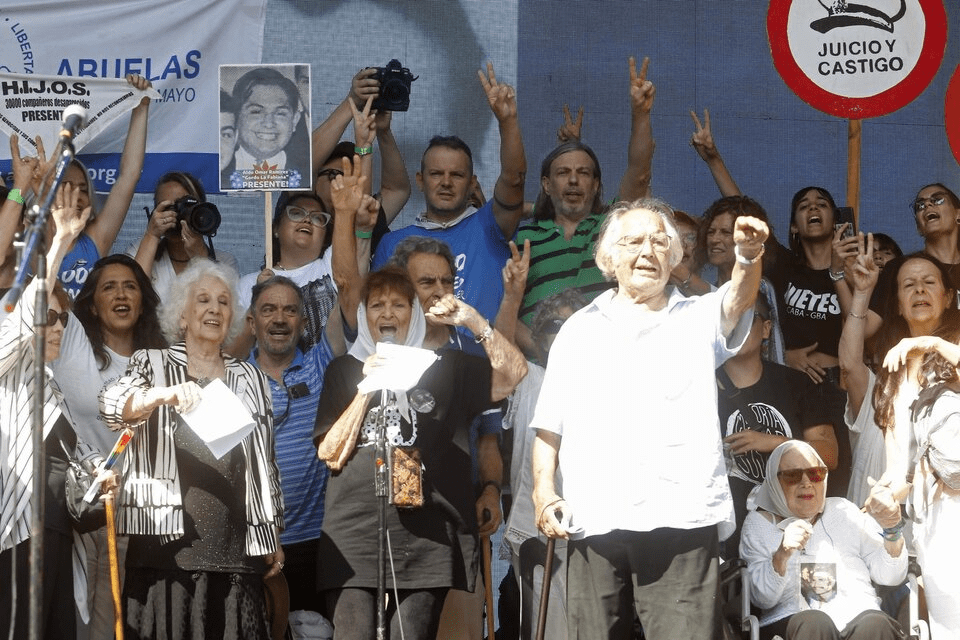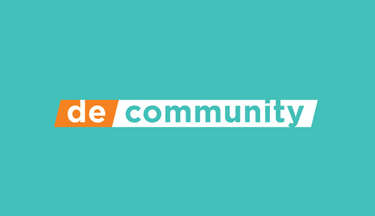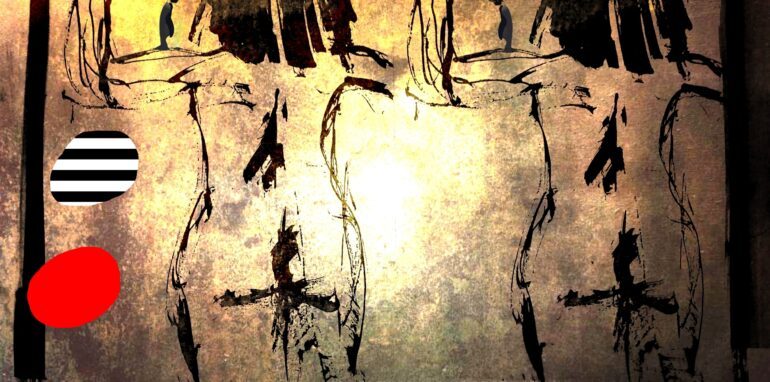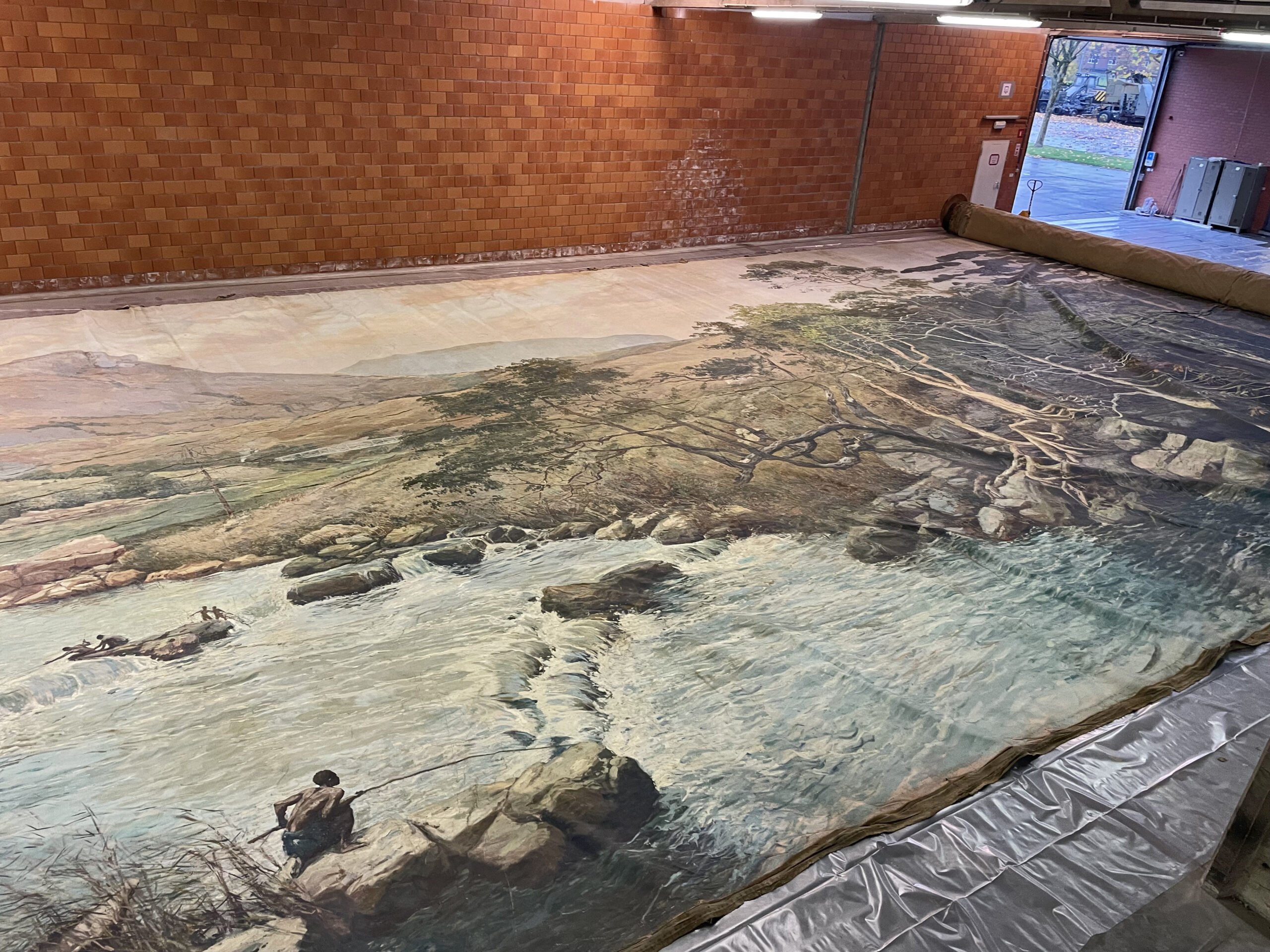In my view, we who think and take responsibility, ought to be grateful always when a fruit is coming forth from the most ripened minds of great men and women in the bossom of our community. Challenges of the Day are dire and varied, and Teachers of Perceptive Power are few. The Saint Mary Assumption Statement of Mark Eyskens is sucht a text, to be found on his Facebook page (see the complete text underneath). It is wide ranging, and obviously blossoming on the soil of a rich life. like Mark Eyskens has lived it. Amongst other duties and callings answered, he has been a professor in economics, a foremost political leader in the hierarchy of our country and university town, and an experienced traveller fitted with a keen sence for observation and reflection. The visionary piece speaks of the new lines of thinking that challenge and enrich our Western World View. It emphasises the need for bridges to be build. And it puts forward lines of conduct in the global economy and on the only planet that we have in a concise way. Alas, in its last part the article looks to me rather as a testimony of a all too Technocratic Mind. The Text is tell tale of a personal weak grasp of what it truly is, to be a Soulful Human Being. I want to comment shortly on that Positivism démarche, also since the man involved has a high visibility added to an obvious Responsibility to Future Generations, as I have, and as we all have in a Democracy and a climate of Free Speech.
First of all, in the political science paragraph, I cannot agree with the statement that “The Euro-zone, in order to cope with distortions of competition among member states, has to impose severe measures of austerity implying the reduction of public spending, of wages, of all kinds of allowances.”
In Belgium today, it is a well documented fact that sheer and bleak Poverty continues to exist. Furthermore, so called ‘Child Poverty’ is high and on the rise. “Child Poverty”, which is in fact a sexy term to describe “Single Mother Poverty”. This is a state of life coming daily with all too heavy burdens on the adult and the children involved, expressly the oldest in the nest, in terms of responsibility and worries that are never matched by enough concepts, solutions and even words to deal with them. Is a Hell that I stayed and laboured in for about 15 years personally in a former life. We dare to hope Eyskens has inserted this paragraph not for a Belgian audience, but for a country struggling with specific political cultures, traditions and structures like Greece.
Unpleasant to me is furthermore the fact that the author in his paragraphy on future technology seems to forget the hopes that are fertilizing his first three paragaphs, about the good influence of the thinking of the Far East on the present world and other enlivening signs of the times, like the Yin and Yang awareness that tend to have embettering influences on the Platonic model of thinking & other wide scopes that embrace culture and identity differences, and that deny the value of narrow nationalism. That thinking model of dualisms shows increasingly its problematic sides, even if it brought us science based Wealth that is unprecedented in the entire history of Mankind.
You can read for yourself the elogy Eyskens writes about nano- and bio-engineering and the like. I am a bit apalled by these words, to be honest.
What our Community of Human Beings needs, in my view, to enable itself to embark on a sunny path of Future, is not the nowadays all too common spirit of devotion, often verging to bland bigotry towards Technology and hard Science. That Spirit is a dying Spirit. A mean and destructive Spirit it is. A Spirit for all to see in the open since the recent scandals caused by the governing attitudes in German automobile industry. Recent media matter on food have shown a similar approach to commerce and customer, and to animals involved. A Spirit of using customers and abusing human health. A spirit that is in evil disregard of Ethical Preocupations. A spirit, in many cases, infected with a lively sence for fraud and greed.
On the contrary, the World Community will benefit of a different World View (Weltanschaung) and view on Man. A World View like it is expressed, when we may limit ourselves to the discipline of Theology, in new and alive scientific branches like Indigenous Theology and Feminine Theology. The Spirit that reigns in the Villages of the Tsimane is an exemplary one that we hope will inspire modern nations and leading entities as well as individuals (see the articles in the world press of end of March and my blog on the topic, http://community.dewereldmorgen.be/blog/stefaanhublou/2017/03/20/kan-de-schat-van-de-tsimane-de-wereld-nog-redden-update).
Pope Francis seems to have understood this Path to a good future, in directing the editing of his splendid encyclical letter ‘Laudato si’ on ecological themes and poverty management, & more in particular when referring last Spring to the Spirit of traditional small village communities fathered by their priest. A ‘holy man’ (or woman, I presume) who knows his people, shares their plights and who feasts with them. Like it becomes visible in the iconic profile of “Don Camillo” in the tv stories. The embracing without fear or precaution by mister Eyskens of Engineer Science, looks to me as a professor Mortimer kind of attitude, the famous, nice but technocratic graphic novel hero, that speaks of loyalty to enthousiasms belonging to the long-buried past that drove the world to World War I and II and the cold war. Even if some young minds are devotional to this alien, soulless image of man in surprising ways too. See my criticism on Yuval Noah Harari’s recent essay here: http://community.dewereldmorgen.be/blog/stefaanhublou/2017/08/04/wat-te-denken-van-de-homo-deus-het-cyborg-toekomstbeeld-van-prof-y-noah-harari.
But, dear reader, please continue to read hereafter, professor Eyskens has to say lots of interesting things in this mid summer period, about a civilisation that is in its mid summer of ripeness, power and glory. And that is struggling at the same time with the challenges, tensions & problems that come with such a State.
Stef Hublou Solfrian
The First Saturday after Assumption
Eyskens’ text follows here in its enterity
It has been published on Facebook on August 15 at 6 o’clock
·
Shifting Economy
Homo sapiens is now evolving into post economy. The New Economy must manage scarcity and affluence, a dual problem that is not integrated into the main classical economic theories. Digitalization of production and consumption is dramatically reducing production cost in some fields, even reaching the zero marginal cost level. At that point market price will lose its efficiency and market economy its purpose as a mechanism of satisfying human needs, taking into account fundamental scarcity. There will be an important shock between opulence, described by the economist John Kenneth Galbraith in The Affluent Society, and scarcity on planet Earth. The only planet we have. There is no planet B.
The West grew strongly particularly at the beginning of industrialization, thanks to dualism, an old paradigm stemming from Plato. This logic of contradictions, was very useful because it forced the Westerners to make choices between “either/or”, between alternatives, between right or wrong in order to progress and to act. The steam engine is a good example, invented three centuries earlier in China as a piece of entertainment, but installed only in the eighteenth century at the heart of the industry in Europe by Westerners. Platonic dualism is at the core of creativity but was and still is at the origin of many conflicts and even wars which ranked the 20th century as the bloodiest of the human history.
Asian wisdom however teaches us another different basic paradigm: the Yin and Yang principle: the complementarity of dual oppositions which merge into a synthesis. In Chinese writing moreover, there is a single ideogram for the words « crisis » and « opportunity ».
This concept matches perfectly with the discovery of quantum physics that light is both a wave and a beam of particles, the photons. Niels Bohr, one of the founding fathers of quantum physics, summarized this insight by the Latin phrase “Contraria complementa sunt”, replacing the old “either/or” logic by the revolutionary “and/and” principle, that frees the way to cooperative solutions.
This awareness is progressively rising in Western thinking and will have far reaching consequences. It will lead us to a new holistic approach, exploring the hidden energies of diversity, divergence, oppositions and promoting synthesis and all kinds of creative compromises, in a world of interdependence, where national governments are too small for the big problems and too big for the small ones. Economic praxis has already adopted what is coined as: « Coopetition », when competition and cooperation are no longer exclusive along Darwinian principles but complementary, even inclusive according to quantum mechanical rules.
The rising of this inclusive, global approach is a challenge for political and economic leaders facing local populism emerging from fears and misunderstanding of what is going on in the global world of today and the world village of tomorrow. The nationalistic definition of “people” has become obsolete. The “people” has become a “population” with multicultural features in most countries. Nationalism and populism are perfectly understandable but they have become counterproductive because no longer future oriented. Protectionism is the economic and cultural translation of nationalism. To a certain extent protectionism existed already before economics and politics, even before human beings: the first membranes protecting living cells, stressed in our bodies. This selfish vitalism is still attractive but suicidal in a changed world as soon as ego nationalists propose to build walls instead of bridges.
In times of growing complexity democracy is caught between web and spider. Some citizens are saying “We have a vote, but we do not have a voice”. This is a serious warning addressed to politicians. Societal problems are extremely complex and the decision making process is most opaque. Governments, authorities “they” decide, they rule, they legislate, they impose…
There is a far reaching “they-ification” of politics, which makes governing impersonal, abstract and looking like a non figurative painting. We need to reinvent democracy by introducing elements of participative decision making, by informing and explaining and replacing demagogues by pedagogues.
Most important is to modify the democratic voting systems. One model could be the promoting of «point voting», an electoral system by which each voter would get a plural number of votes, for instance ten votes, which he could freely cast and spread over different parties and candidates according to the intensity of his preferences. This would lead to a fine tuning of the voters choices. Also at the micro-economic level of enterprises and companies democratic cooperation between all stakeholders, transcending their exclusive interests, is at stake in the post economic era. Still more Herculean is the task of organizing steadily ways and means of international, possibly worldwide economic and political governance.
On a much larger scale the European institutions also suffer of several functional problems and have to cope with great challenges. A European Fiscal Community should be created according to the principle “no representation without taxation.” Today the EU Parliament has no taxation power, so it is difficult to implement new strategies and new legislation. We need also to simplify and clarify the taxation systems. Budgetary expenses with respect to defence, security, energy, development policy, integration of immigrants, research, digital communication… should be Europeanized. A strong European public budget is needed. The EU Institutions budget equals 1% versus 27% in the USA for the federal expenses.
The Euro-zone, in order to cope with distortions of competition among member states, has to impose severe measures of austerity implying the reduction of public spending, of wages, of all kinds of allowances. The management of exchange rates by individual countries is no longer possible inside a monetary zone. Austerity measures being considered as an “internal devaluation” make the European Union unpopular and may lead to economic deflation. Only an efficient budgetary policy conducted by the EU could stabilize the Euro-zone.
Europe should unite in front of the ongoing scientific and technological revolutions.
History of mankind has indeed been steered by discoveries and scientific innovations, starting with the discovery of fire, 300.000 year ago.
Today scientific inventions are overwhelming in all domains. The acronym B.I.N.C. is useful in summarizing the ongoing scientific revolutions:
• Biogenetics, fabulous progress of medicine, average life span of 100, 150, 200 years??
• Information technology (computer apps, AI, virtual reality and physical robots, 3-D printing). Emergence of the “robo sapiens”
• Nanotechnology. Tomorrow, we will be able to speak to every citizen on earth in our own language, and understand all the worlds’ languages thanks to nano computers (wireless or implanted in our own body)
• Cognitive science, human brain research and manipulation.
The socio-economic consequences of the tsunami of scientific and technological innovations will be overwhelming and dramatic for the world community and the members of mankind.
Digitalization and robotization will considerably reduce working time, wage earners will be replaced by independent employees, the existence of world markets will go hand in hand with home work, multinationals will compete but also cooperate in lot of domains, intellectual property will no longer be protected, interconnectivity will eliminate all kind of intermediaries on the markets, e-commerce will take over from shopping. AIRBNB, Uberisation, circular economy, pooling, personal manufacturing, on line open courses, worldwide universities will spread, cash payments will disappear. The development of solar and nuclear fusion energy will completely change the worldwide economic and political power balance. Wealth will be transformed in welfare and the pursuit of happiness will become a societal goal. A post-economic era will emerge.
Nevertheless a lot of shadows of progress will have to be dealt with: demography, aging, climate, food scarcity, AMR (antimicrobial resistance), weapons of mass destruction, the difficulty to transform multiculturality in interculturality …
It goes without saying that the ongoing tsunami of scientific and technological innovations will revolutionize the world community for better and for worse. As a consequence the ultimate question will be and is already the question of ethics. How to transform all these changes into human progress? How should we manage ethics in politics, in economy, in business? And what’s the “right ethic”? Who is deciding on those values? Which are the rules applicable for everyone? Do we stick and apply to the lowest common denominator?
Buddha, Jesus Christ, Kant and other moral leaders said: “Do not do to others what you do not want done to yourself”. But is this rule sufficient to improve human life on earth?
The guideline of SHIFTING ECONOMY is the quest of purpose in economy, the quest of ethics in business – with tools that can be used on the field. It is also an invitation to all decision-makers to imagine and implement new dreams to connect human beings, and transform the grief of the planetary village into human happiness.
(Mark Eyskens)
